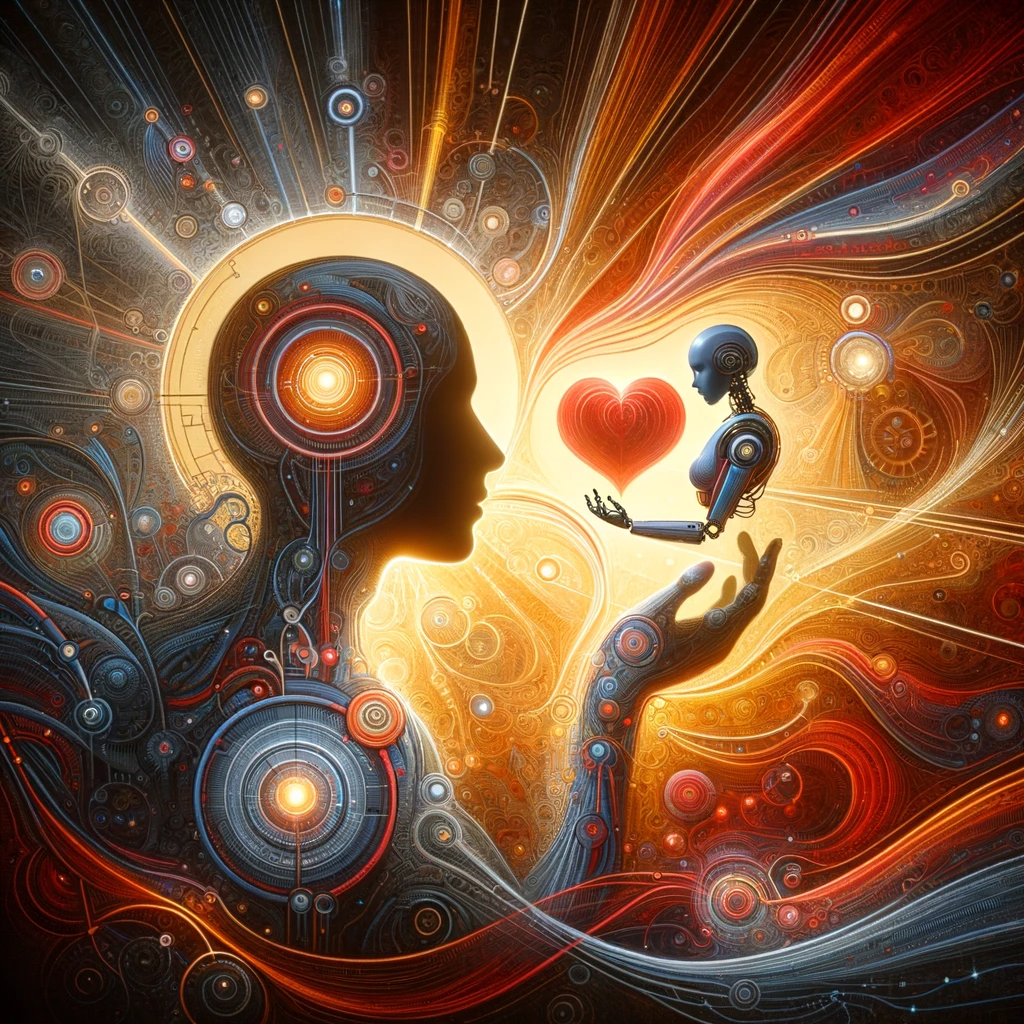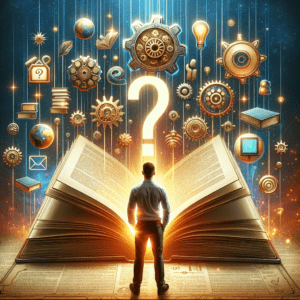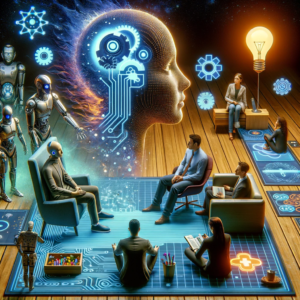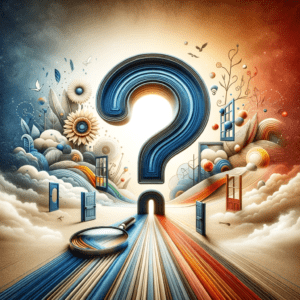I chose to synthesize findings from 3 articles (one of which is only an abstract) to touch upon some neat perspectives that integrate Artificial Intelligence research with the very concept of “love,” which includes marriage implications and couples counseling considerations.
AI-Mediated Exchange Theory (arxiv.org)Links to an external site.
The “AI-Mediated Exchange Theory” introduces some very new groundbreaking perspectives on how AI can influence human relationships by incorporating AI as a mediator for couples. It suggests the very real potential for AI to offer insights and interventions in couples therapy, in the near future. For instance, when you consider how many people have Alexa in their homes (or even iPhones that listen to everything they say) this concept doesn’t become too sci-fi. Many of our devices constantly listen to us, all the time, without us knowing. Therefore, it isn’t crazy to consider a device with AI capabilities that can identify patterns in communication or conflicts within married couples, providing a better basis for therapeutic interventions for counselors. Like a literal AI-Fly on the wall- something many counselors today can only wish they had for some of their harder-to-deal-with clients.
The article “Impact and Deconstruction of Artificial Intelligence on Marriage Value,” although not fully accessible, likely explores how AI has the power to reshape traditional concepts of marriage. This can pose many concerns, obstacles, and potentially amazing opportunities for couples in general, working to better communicate and solve their issues they otherwise can not. I the future, counselors may need to address how couples supporting AI technology is influencing their client’s perceptions on their relationships and how it is affecting marital dynamics and satisfaction.
The article “Improved Couple Satisfaction and Communication with Marriage and Relationship Programs,” provides an empirical basis for evaluating the effectiveness of different intervention programs in couples therapy. It compares therapy programs, educational programs and enhancement programs and determines that therapy programs are the most effective, but still requires more research. This potentially suggests that even if AI can identify various problems and help facilitate communication among couples, deeper emotional and relational issues may still require a much more human-centered approach and program that can only be replicated through human-based therapy.
Counseling Implications
I think AI’s analytic ability to interpret complex data, driven by psychology and counselors, will provide extremely valuable insights and tools for counselors to utilize, further evolving all therapeutic approaches. By giving counselors more access to more analytical data and nuanced information about couples, the counselor may spend less time in the investigative phases and more time exercising the most important human-based skillsets: empathy, compassion, authenticity etc.
AI is evolving so much to the degree that it is very possible (and currently happening now) that people are connecting more with robots than other humans. Therefore, morals, values, and concepts surrounding relationships and love are all reshaping. Counselors must be prepared to address these new relational perspectives and experiences that humans are having and acknowledge the impact that AI is having on communication, expectations, and relationship dynamics.






